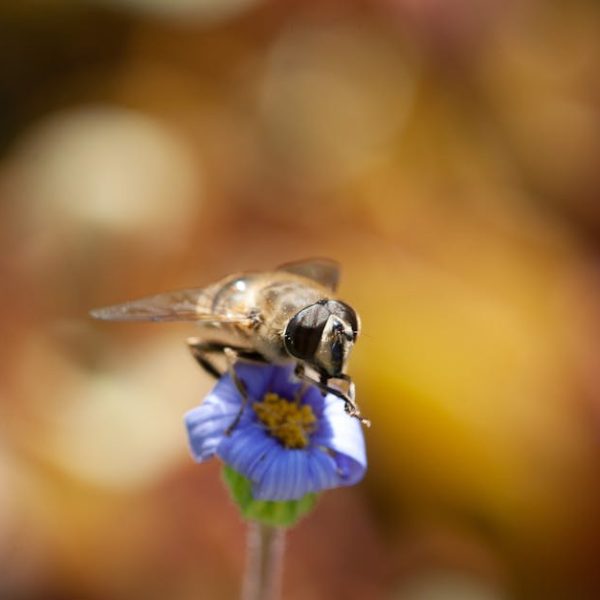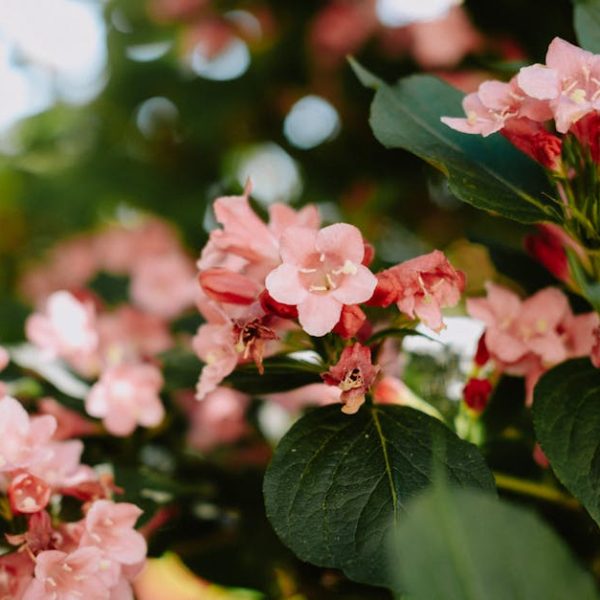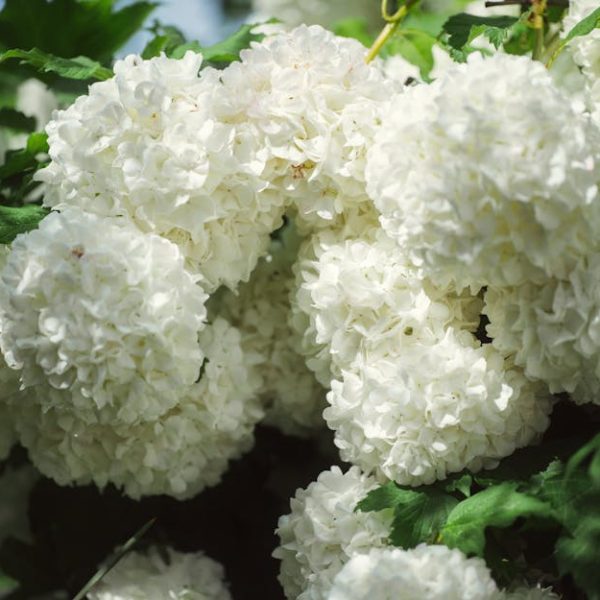Bok Choy, a type of Chinese cabbage, is no stranger to enthusiastic gardeners and those committed to living sustainably. Historically rooted in Asian cuisine, it thrives in cool climates and prefers a well-drained soil with a pH between 6.0 and 7.5. Rich in nutrients, it requires ample sunlight, though protection from intense afternoon sun is desirable. Preparing your garden to meet these conditions is crucial for a productive Bok Choy yield. Here’s a Pro Tip: Incorporate rich organic matter into the soil prior to planting and ensure regular, effective watering to boost your Bok Choy growth.
Once our environment is primed for its arrival, it’s time to acknowledge the collective potential of your garden. This concept is commonly referred to as companion planting – an age-old gardening practice that harnesses the benefit of crop placement, resulting in pest control, improved pollination, and maximized use of space. For those used to singular planting, the allure of companion planting is undeniable. It not only enriches the biodiversity of your garden, but also enhances your Bok Choy’s health and yield. Practice this: rotate your crops every season to avoid the depletion of nutrients in your soil brought about by repeatedly harvesting the same family of crops in the same spot.
Speaking of companions, there are a handful of plant buddies that match Bok Choy’s growth preferences. Beans and peas, for instance, release nitrogen—an essential element for leafy growth—into the soil, while potatoes help by breaking up the soil around the roots. These are allies you’ll want to engage in your garden. Here’s a handy checklist:
- Beans: They contribute nitrogen to the soil promoting Bok Choy’s growth.
- Peas: Similar to beans, they also yield nitrogen beneficial to Bok Choy.
- Potatoes: These root crops aid in the soil aeration, benefiting the root system of Bok Choy.
To maximize these relationships, here’s a Pro Tip: Start off by segregating a suitable garden space for each plant and avoid overcrowding them. Each plant should be allocated its productive space.
Common pests, such as cabbage worms and flea beetles, are likely adversaries of Bok Choy. Certain plants, however, can serve as your garden’s cavalry against this pest annoyance. Species like rosemary, sage, and mint are robust defenders that deter pests with their fragrant presence. Here’s a list worth noting:
- Rosemary: Its scent repels many pests harmful to Bok Choy.
- Sage: Similar to rosemary, its strong odor turns away potential Bok Choy predators.
- Mint: A good preventative measure as its aromatic qualities deter a range of pests.
And do remember, as our Best Practice tip suggests, strategic placement of these plant defenders in close proximity to your Bok Choy ensures adequate pest protection.
Despite the benefits of diverse planting, certain considerations must be taken into account when combining Bok Choy with other species. Certain plants, like tomatoes and carrots, prove less beneficial, possibly disrupting Bok Choy’s growth patterns. Tune in for the next segment to find out why and which plants are best kept away from your Bok Choy garden.
Grappling with the Growers: Plants to Avoid in a Bok Choy Garden
While some plants can prove advantageous around Bok Choy, it’s crucial to know that the opposite holds true as well. Certain species may stunt its growth, compete for essential nutrients, or potentially attract pests that could harm Bok Choy. Take tomatoes, carrots, and grapes as unfortunate examples.
Tomatoes, which require a more acidic soil pH, can cramp Bok Choy’s style and lead to an environment that’s less than optimal. Carrots, another below-ground grower, can compete directly with Bok Choy for both soil space and nutrients, thus compromising your final yield. Grapes, as beautiful and delicious as they might be, can invite insects that feast on Bok Choy – an unpleasant outcome any passionate gardener would want to avoid.
So, here are some companions to keep at bay:
- Tomatoes: They thrive in more acidic soil, thus disrupting Bok Choy’s preferred pH balance.
- Carrots: As a fellow root vegetable, carrots can directly compete with Bok Choy for soil space and essential nutrients.
- Grapes: These vined fruits can attract certain pests that pose a threat to the health of Bok Choy.
Don’t be discouraged by this Plant-Nots list. Rather, view it as a roadmap to help steer your thriving garden clear of potential roadblocks. Lay out your garden mindfully, ensuring each plant has its own allocated pot or patch of soil that keeps incompatible neighbors at a safe distance. A Pro Tip to remember: Planning is a gardener’s best tool – sketch out your garden layout or use a gardening app to avoid errors in planting.
Companion planting is an exciting and rewarding journey, offering plentiful opportunities to learn and grow alongside your Bok Choy. Armed with this knowledge and your green thumb, you can now embark on your own Bok Choy adventure, cultivating a garden that’s not just thriving, but an eco-friendly haven for beneficial insects and a model for sustainable gardening.
Key Takeaway:
- Bok Choy is a nutrient-rich vegetable that thrives in cool climates and well-drained soil with a pH of 6.0 to 7.5.
- Implementing companion planting with benefits Bok Choy growth, offering substantial advantages like pest control, improved pollination, and maximized space utilization.
- Ideal companions for Bok Choy include beans, peas, and potatoes, which share similar growth preferences and benefit Bok Choy in many ways.
- Certain plants like rosemary, sage, and mint can deter pests from a Bok Choy garden, while plants like tomatoes, carrots, and grapes may disrupt Bok Choy’s growth and should be avoided.
- Proper planning and strategic arrangement of plants in the garden can significantly enhance the overall productivity and health of the garden.
Our gardens teach us patience and resilience, and surely, the journey of fostering a thriving Bok Choy garden is no different. Embrace the journey, use the gained knowledge wisely, and remember – every garden is uniquely beautiful in its way! Don’t be afraid to make mistakes along the way; these lessons will only make your green thumb greener.
FAQs
Q: Can Bok Choy grow in hot climates?
A: Bok Choy prefers cool climates but can manage in hotter conditions if it’s given plenty of water and shade from the intense afternoon heat.
Q: What’s the best way to water Bok Choy?
A: Regular effective watering is crucial. Always water at the base of the plants to avoid getting the leaves wet and potentially causing diseases.
Q: Can I plant Bok Choy year-round?
A: It largely depends on your local growing conditions. In areas with mild winters, you could potentially grow Bok Choy as a winter crop.
Q: What are the signs of unhealthy Bok Choy?
A: Yellowing leaves, wilting, and stunted growth are all signs something may be wrong with your Bok Choy plants.
Q: How do I protect my Bok Choy from pests?
A: Incorporating plants with pest-repelling qualities, like rosemary, sage, and mint can help deter pests.
Please feel free to share this article with your fellow gardening enthusiasts and explore further informative posts on our website. Happy gardening!






